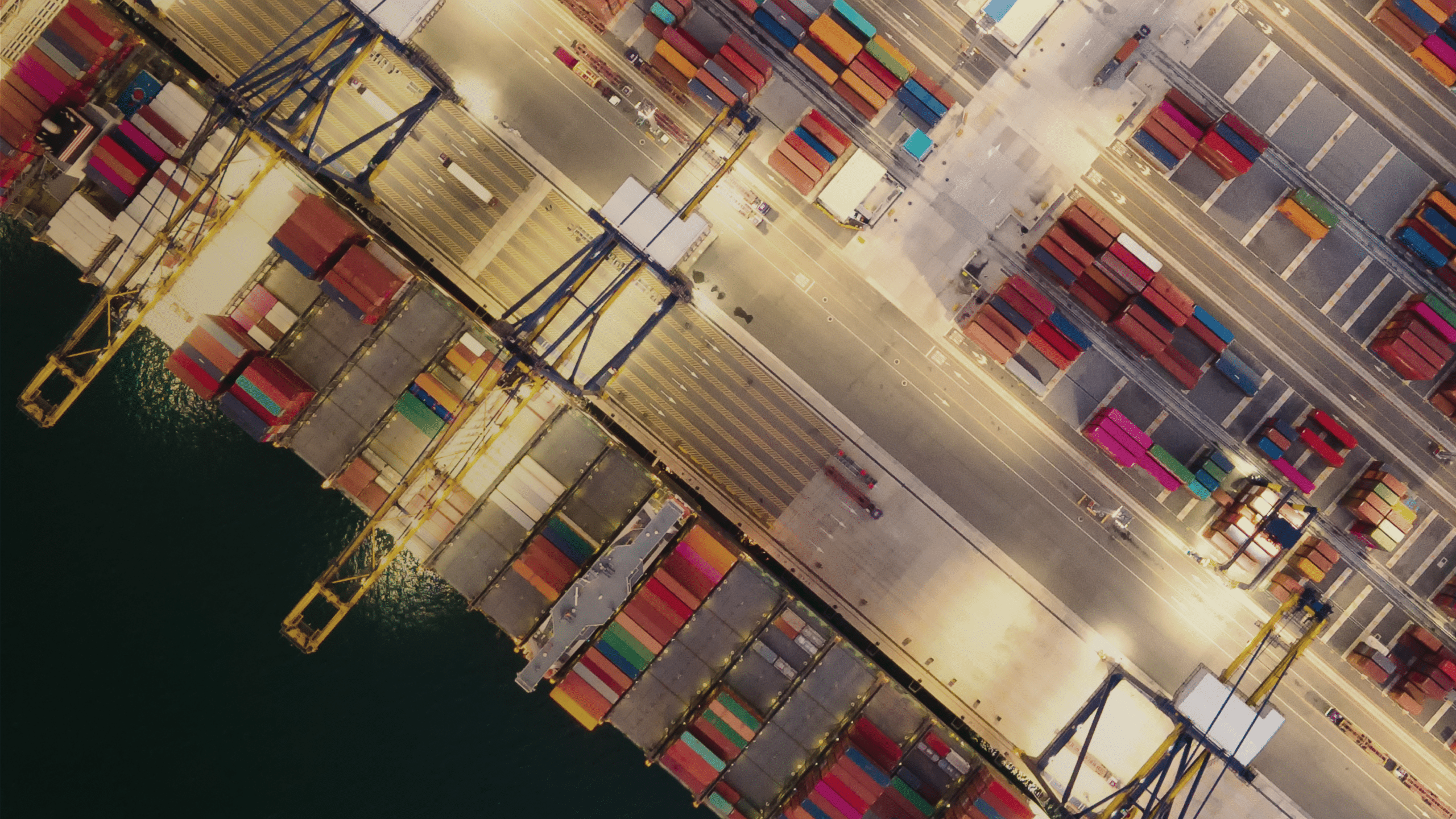As the logistics and transportation sector adopt new technologies to achieve greater efficiencies, and the need to meet regulatory requirements, cybersecurity implications must be considered. This technological evolution includes digital transformation, the adoption of edge computing, and artificial intelligence to achieve increasingly automated and efficient operations.
The growing industry reliance on cloud connectivity and data exchange between vehicles and control systems has eliminated the traditional security ‘air gap’ between IT and OT layers. This has introduced new attack vectors and safety challenges.
As a result, threat actors are increasingly targeting the logistics and transportation sector with a diverse array of attacks, including ransomware, supply chain disruptions, and data breaches. These evolving threats have underscored the importance of robust cybersecurity for transportation and logistics.









